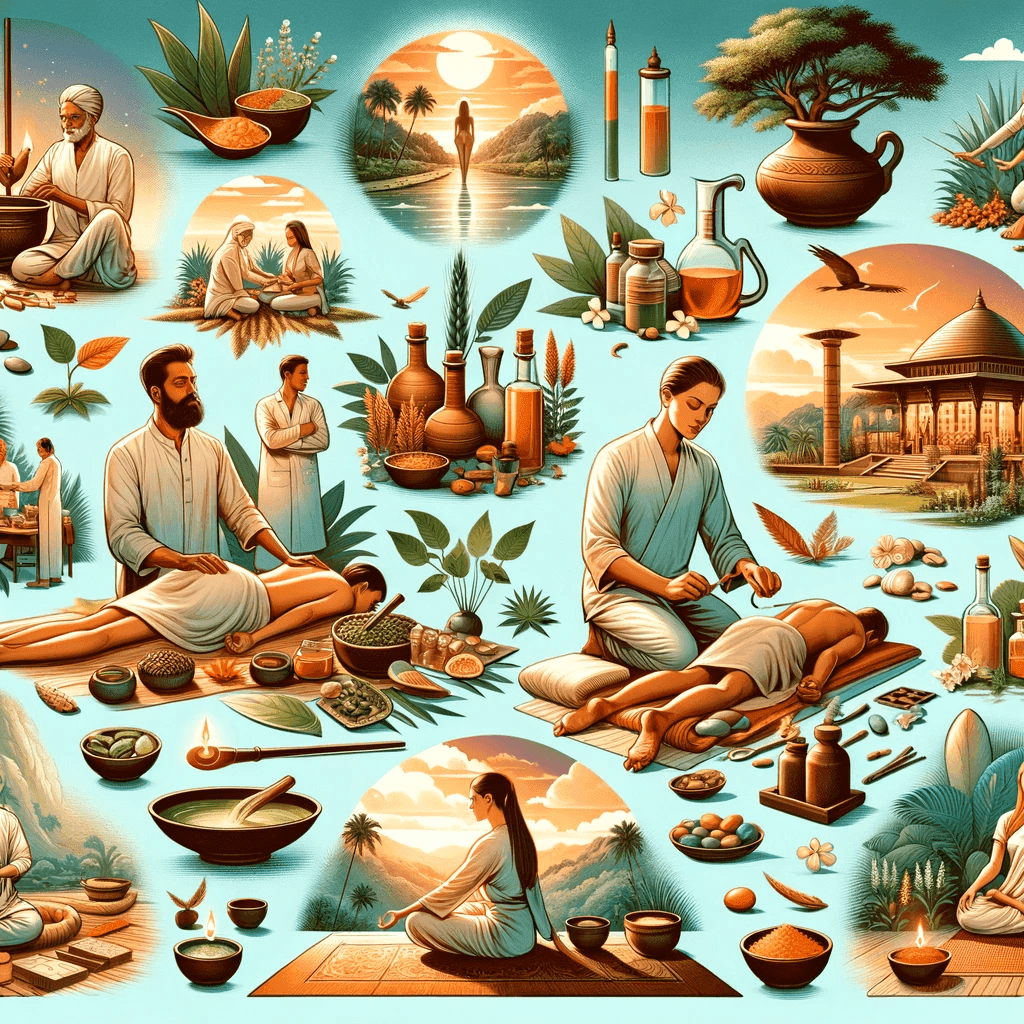Ayurveda: Ancient Wisdom for Modern Health
Ayurveda, an ancient system of medicine originating in India, stands as one of the world's oldest holistic healing systems. Based on the premise of balance in bodily systems using diet, herbal treatment, and yogic breathing, Ayurveda extends beyond mere treatment of diseases to a comprehensive lifestyle approach promoting overall wellness.
Information and Other Details

The Discovery and Evolution of Ayurveda
Ayurveda, translating to "the science of life" (Ayur = life, Veda = science or knowledge), was systematized from oral traditions and ancient Indian scriptures known as the Vedas, dating back to about 5,000 years ago. It evolved over centuries, assimilating medical insights from various parts of India and other ancient cultures.
Story and Philosophical Foundations
Central to Ayurveda is the story of its origin, believed to be a divine revelation from the Hindu deities to sages, who then disseminated this knowledge to humanity. Philosophically, Ayurveda is grounded in the concepts of the five elements (earth, water, fire, air, and ether) and the three doshas (Vata, Pitta, and Kapha) which represent physical and emotional characteristics in individuals.
Historical Development
The historical development of Ayurveda can be traced through three primary texts - the Charaka Samhita, Sushruta Samhita, and Ashtanga Hridaya. These texts detail the therapeutic aspects, surgical procedures, and holistic approach of Ayurveda. Its spread beyond India began during the times of Buddhist monks and was later influenced by Persian and Greek medicine.
Scriptural References and Ancient Texts
Ayurveda is extensively documented in several ancient Indian texts, with the Rigveda and Atharvaveda containing some of the earliest mentions. The Charaka Samhita focuses on internal medicine, while the Sushruta Samhita is renowned for its surgical techniques. These texts not only provide medical knowledge but also delve into the ethical and philosophical aspects of health and healing.
Global Influence and Modern Practice
In modern times, Ayurveda has gained global recognition, influencing alternative and complementary medicine practices worldwide. It emphasizes preventive healthcare and rejuvenation, catering to a growing global interest in natural and holistic health approaches. Ayurveda’s integration with modern medicine is an area of active research and practice, bridging ancient wisdom with contemporary science.
...




